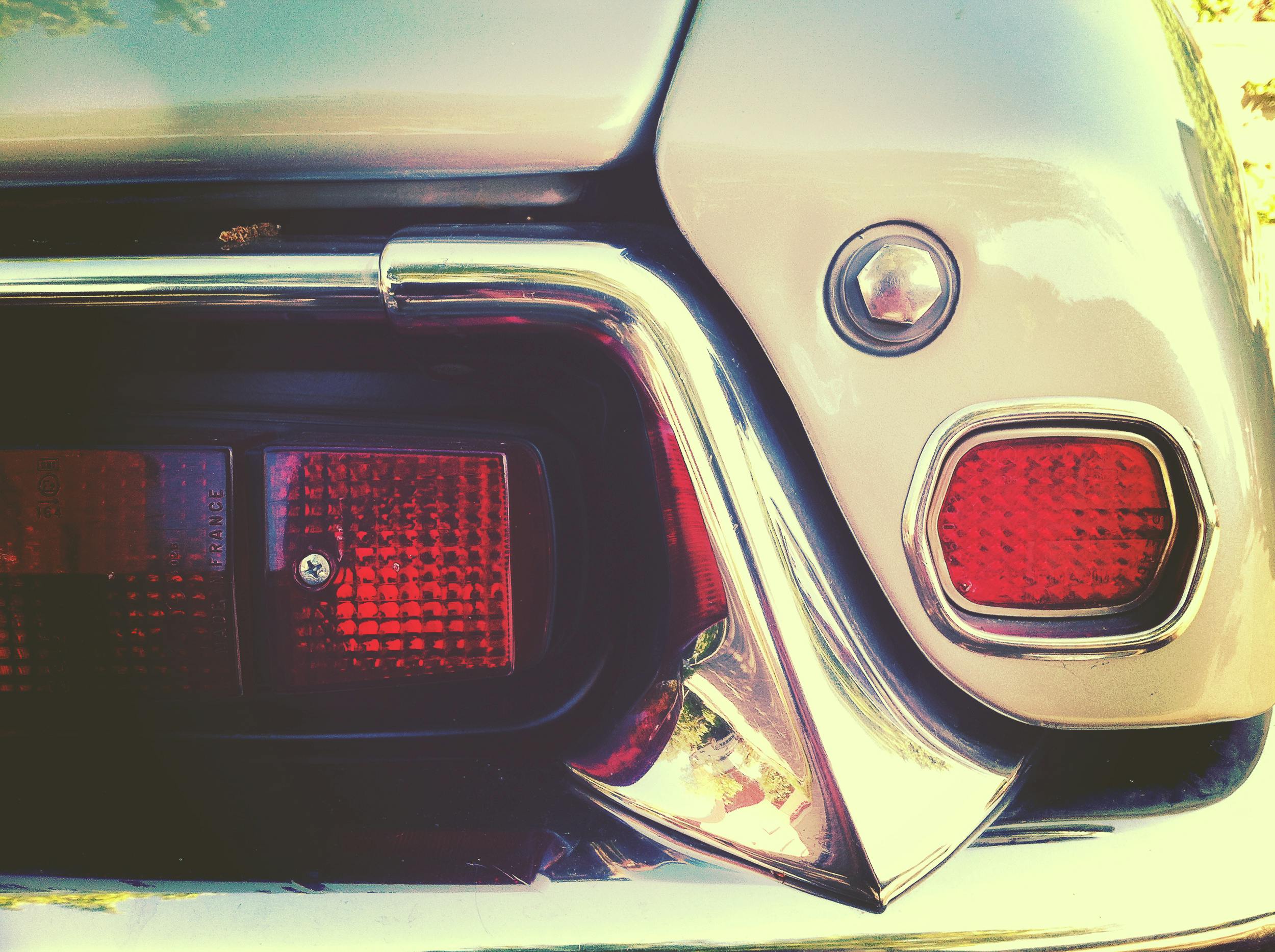Title: Understanding Liability After Selling Your Car: What You Need to Know
Are you concerned about the legal implications after selling your vehicle? Recent cases highlight the importance of properly documenting the transfer of ownership and understanding liability in the event of accidents or damages.
Imagine this scenario: A vehicle owner sells their car, receiving the signed pink slip along with proof of release of liability. Despite transferring ownership, months later, the new owner is involved in an accident, and the original seller receives a notice from a collection agency demanding $12,000 for damages. The question arises—can the seller be held responsible after selling the vehicle?
This situation isn’t as uncommon as you might think. In another case, a woman sold her car to a buyer. A month later, the buyer was involved in a collision, resulting in an arrest. She provided AFNI, a collections agency, with her release of liability and a police report confirming her non-ownership at the time of the incident. Additionally, she contacted her DMV, which verified she was no longer the registered owner. Despite these efforts, the agency claims she is liable for damages.
So, what does the law say about such cases?
Key Legal Principles for Car Sellers:
-
Official Documentation Matters:
Always ensure you have a signed pink slip and send a formal release of liability to your state’s DMV or equivalent agency. These documents serve as legal proof that you transferred ownership and are no longer responsible for the vehicle. -
Notify Authorities Promptly:
Filing a release of liability shortly after selling your vehicle helps protect you from future claims. Keep copies for your records. -
Understanding the Limitations:
While proper documentation generally shields you from liability, issues may arise if the sale wasn’t properly recorded or if the DMV was not notified. -
Post-Sale Responsibilities of the New Owner:
The new owner is typically responsible for insurance, registration, and any incidents involving the vehicle after the sale. However, cases can get complicated if ownership transfer isn’t correctly processed.
Can They Legally Go After You After Selling a Car?
If you have submitted the necessary documentation and the DMV confirms you are no longer the owner, it is unlikely that the original owner can be held responsible for accidents or damages incurred later. Nonetheless, each case depends on the specifics, including the timing of the sale, whether proper notification was completed, and whether the state’s procedures were correctly followed.
**What Should



